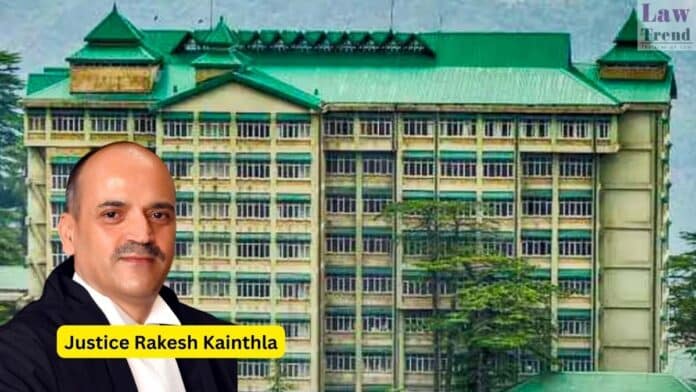The Himachal Pradesh High Court, in a judgment delivered by Justice Rakesh Kainthla, has dismissed a criminal revision petition and upheld the conviction of an individual in a cheque dishonour case. The Court held that an accused’s admission of borrowing a loan and the amount due, made during their statement under Section 313 of the
To Read More Please Subscribe to VIP Membership for Unlimited Access to All the Articles, Download Available Copies of Judgments/Order, Acess to Central/State Bare Acts, Advertisement Free Content, Access to More than 4000 Legal Drafts( Readymade Editable Formats of Suits, Petitions, Writs, Legal Notices, Divorce Petitions, 138 Notices, Bail Applications etc.) in Hindi and English.




